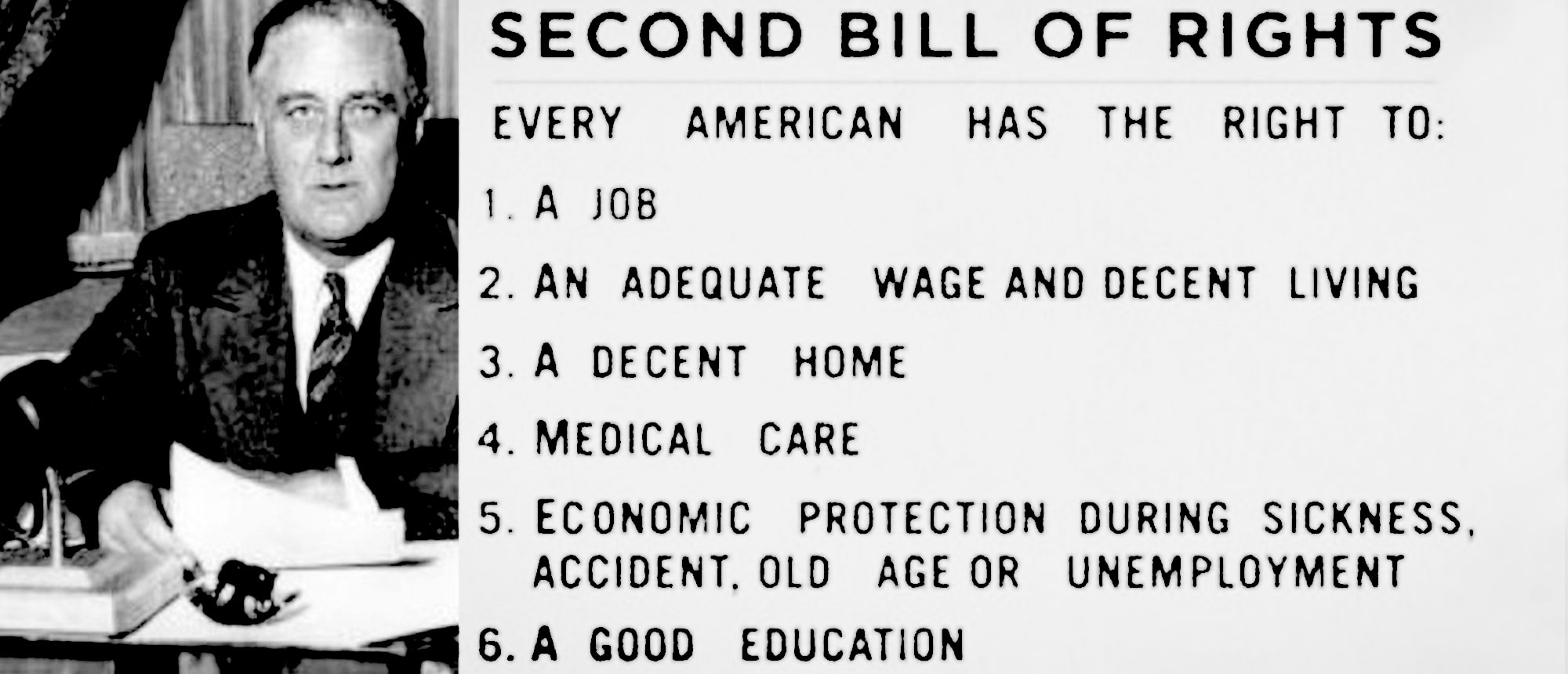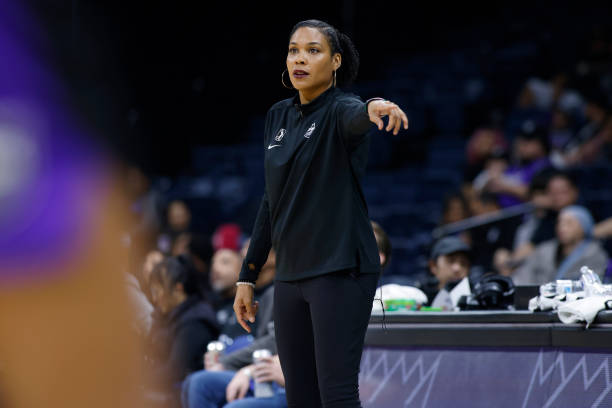(ThyBlackMan.com) The American education system has been long overdue for changes. Now, there are some changes taking place in the way that students are taught. In some states, the dreaded exit exam isn’t pursued. I always felt it was somewhat unnecessary considering that students do class work, homework, class projects, take home projects, and a barrage of tests to determine their performance and ultimately their grade.
Of course, the exit exam is that proof that students actually retained what they learned and if they should be let loose onto society as educated adults. Mind you, it’s actually an indication of how effective methods and teachers are but those two were never in the spotlight when it came to exit exams.
Then again, the exit exam can serve as something tangible to show that teachers’ efforts weren’t wasted on students and that students weren’t just wasting time for seven hours out of the day. So, there’s that, I suppose.
That brings me to things we should’ve learned in school that probably could’ve have been put on a state exam. I mean, some of these things would have to be taught statewide and probably wouldn’t stick in some counties. I’d say they’re life skills or outlooks on life.
Reading Can Be Fun
You typically discover this on your own by discovering books you’ll enjoy. In school, reading is the most important base skill. The vast majority of your work revolves around reading, you’re given reading assignments, spelling tests, a plethora of just…work and you really need some reading ability. That’s why you’re put through basic reading and reading comprehension early on, it’s like warming up before really getting into your exercises.
However, when you’re getting graded and evaluated on your reading ability and everything requires you to read, that doesn’t really encourage you to read outside of school or during downtime. You have to be dedicated to the reading lifestyle—there’s no “reading lifestyle” just stick with me here—to pursue it outside of your work. It’s like working in the restaurant industry. If you cook for eight to ten hours every day at work, you really won’t be chomping at the bit to cook when you get home. You might do it because you have to eat but it’s not a desire.
And don’t get me started on the reading assignments over the summer. “Here’s a list of 10 to 15 dry books, pick five and write a report on them” or “Read these five books over the summer.” F*** that, you read nine months out of the year—technically seven or so if you cut out the breaks and teacher workshops. You’re not going to want to read on your vacation if you’re required to do it.
There have been reading programs to attempt to encourage this. In Birmingham it was the M.O.R.E program, in other places it was Read It. The main thing is that food was a reward for reading. You read your book, did a report on it, and you got vouchers for something from McDonald’s or wherever. Read enough books and you get a pizza party. Awesome!
The loophole for me was reading a bunch of Choose Your Own Adventure Books. Learn to game the system early, kids.
These programs are good, except that they add the element of an incentive to reading. It’s something schools will have to struggle to keep up.
Business, Business, Business
Schools are a good developmental ground for a lot of talented and bright kids who could go on to great things in the future. What would put that over is teaching basic commerce, business law and promotion by at least high school. That is the time when young people really start to develop an idea of what they want to do in the future and are really working on their talents and the like.
Now a public school isn’t going to just have business majors on the teacher roster. At least most schools aren’t. Having a general understanding of how business works will allow for teens to think of ways to apply what they can do or what they would like to do in a way that will make them money.
Instead, what students learn involve a bunch of basic things that would be great if they’re aspirations were to work for someone else and make them money doing the heavy lifting. Just “Nope, right here is a good place for me to stop. I have reached the peak.”
There are programs like Junior Achievement which encourage this and you do get a few projects that flirt with business. In reality, dedicated classes to this stuff are necessary. In Black high schools, teachers and principals can’t look students in the face when they’re graduating and tell them they will run industries and be major players when they never really pushed them towards it.
The truth would be to tell them they’ll be important in making sure everything remains operational and that they’ll help other people build their stuff up. Of course, that’s just depressing, isn’t it?
The Difference Between Hard Work and Working Smart
This is one of the big ones. In American culture, we love someone who works hard. Aching backs, busted shoulders, knees are just dust—we love that ish. It’s kind of sick actually but it makes for a good success story. We “Tsk tsk” people who can see that there is an easier or more efficient way to do things. Sometimes it’s looked at as taking a shortcut or shirking duties—when the job has gotten done.
Often times, working smart is devoid of that quintessential American struggle saga. The funny thing is that in all the literature you were made to read in high school, there are teachers who don’t exactly go into classics like Horatio Alger Jr.’s Ragged Dick—or really most of Alger’s books—which was based on someone from rough origins who worked hard and raised in social class.
In execution and progression, it’s very straight forward and didn’t factor in a lot of issues such as shriving for success when there are race and gender barriers in the way. I mean, we shouldn’t really expect those books to do that—it was written by a white author from New England—but the thing is people really took the Alger myth that hard work leads to success. It has become the basis of getting people to stick to work.
Teaching students to work smart and to observe their classmates working hard is something that should’ve been pursued. Instead, it’s something that learned after a student gets fed up with repetition for little reward. Not only that, it working smart should’ve been rewarded more in school.
There are many more things we could’ve been taught in school but we’re going to save that for another time. Let us know some things you wish you learned in school whether it’s history, life skills, law, etc.
Staff Writer; M. Swift
This talented writer is also a podcast host, and comic book fan who loves all things old school. One may also find him on Twitter at; metalswift.




















Leave a Reply